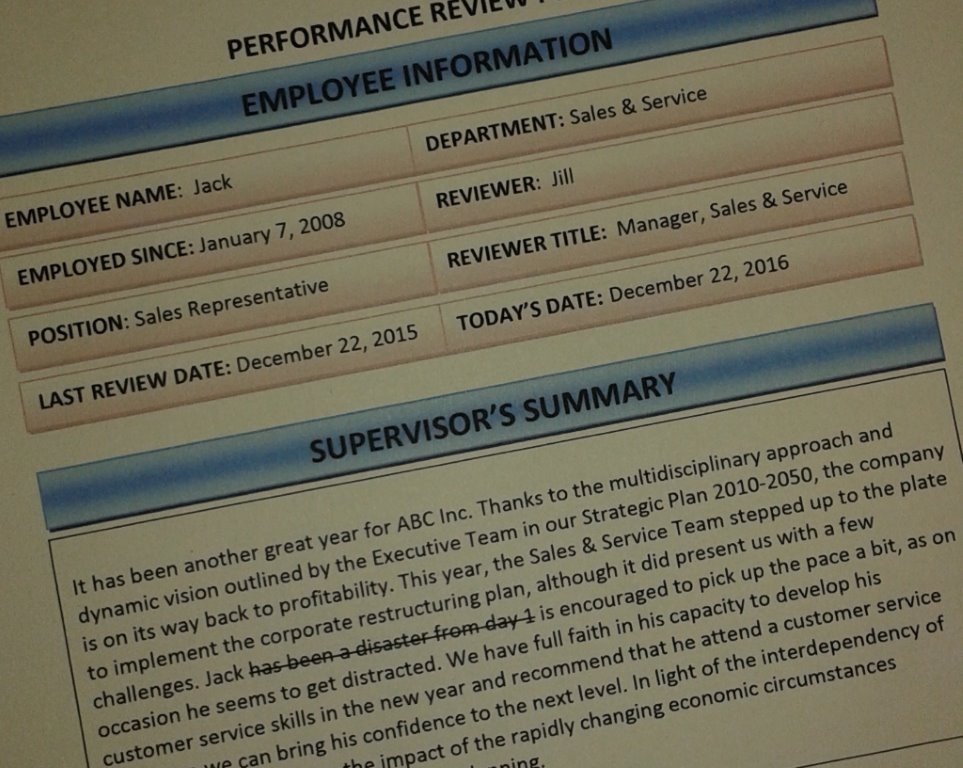
Moving the Crops that Feed the World
One of the romantic visions often held of Canadian railways (and American for that matter) is that of the long lines of hopper cars filled with gleaming golden wheat and other grain and oilseed crops, on their way to feed people all over the world.
That vision was challenged in 2013 when media across the country reported the two major rail shippers, Canadian Pacific Railway Ltd. (CP) and Canadian National Railway Co. (CN) were choosing to ship higher-value oil as cargo rather than shipping grain. Rail companies publicly stated an exceptional crop year was the reason the 2013 harvest sat in bins well into 2014. However, the bumper crop had been predicted for months. The railways also blamed bad winter weather over 2013-2014, and it was a truly bad winter across the country. But this is Canada, winter comes every year, and it’s often bad, so that excuse was not well received.
It took an order and threats of large fines from the Canadian government, which was acting on complaints from agribusiness lobbyists, to get grain, oilseeds and pulse harvests moving again. A year and a half later, many farmers are still feeling the backlog. CP and CN officials have stated that significantly more grain was moved in the fall/winter of 2014/2015 than the previous year. As good as that statement sounds, the backlog left over from 2013 was part of the reason more grain had to be moved. Some estimates say as much as $20 billion worth of Canadian crops was stuck on farms last winter instead of being sold and consumed.
In the end, the Saskatchewan Wheat Development Commission estimates that western grain producers lost over $3 billion in 2013-2014 and could lose an additional $2 billion over 2014-2015 because of failures in the transportation and handling systems.
Unlike oil, stored crops have a limited life and the longer the storage period, the higher the likelihood of deterioration, sometimes to the point of complete loss. Not only farmers pay the price for that, of course. Letting the crops that feed the world go bad and become worthless while oil is given priority has been characterized as unethical.
Even after the railways were told to get the grain moving, the damage had been done to the U.S. market. Numerous farm and agribusiness publications estimated losses of Canadian grain sales to the American and Mexican markets to be as high as 35 per cent, partly because when the needed grains weren’t available, food processing companies turned to other sources. Another factor is the direction grain was moved. Although ordered to ship hundreds of thousands of tonnes per week, the ultimate destination was not ordered. Railways may find it easier and cheaper to move grain to ports at Thunder Bay and Vancouver to be shipped by sea, rather than directly to American destinations.
Individual farmers in this country, most of whom are already under stress due to many factors beyond their control, end up losing good prices for their crops, which are a fluctuating commodity at the best of times. It is also individual farmers who must pay for grain storage, either on their own farm or at an elevator, and it is those same farmers who must pay additional fees when their grain sits in a port terminal instead of being sold. The Saskatchewan Wheat Development Commission recommends the formation of a rail oversight group within the Canada Transportation Act which would include representatives from agricultural producers.
Since the federal government order, both shippers have been fined for non-compliance. In January, CP announced it would appeal a $50,000 fine levied for failing to meet weekly mandatory shipping volumes, stating that the railway should not be responsible for every glitch in the supply chain. CN, which was charged twice, stated it would pay the two fines and move on. For the sake of farmers and their clients, one can only hope the railways will work more closely and cooperatively with producers to improve transportation time of that gleaming golden wheat and other crops. Time will tell.










